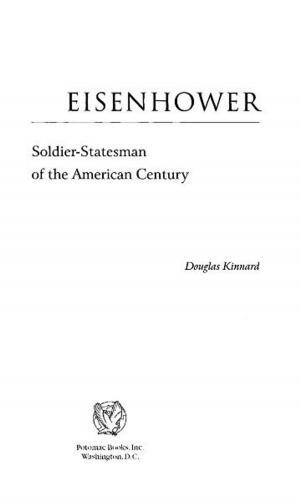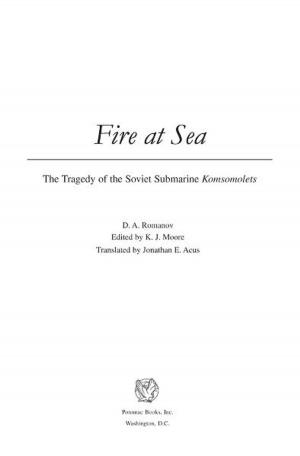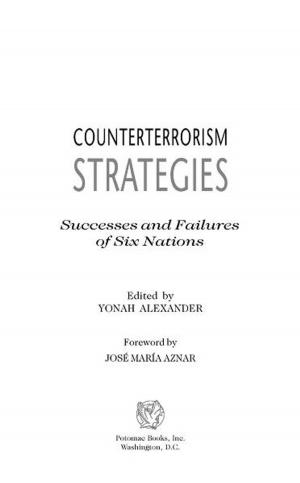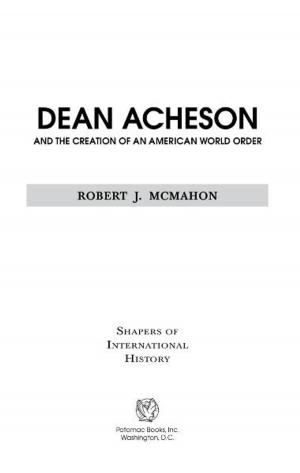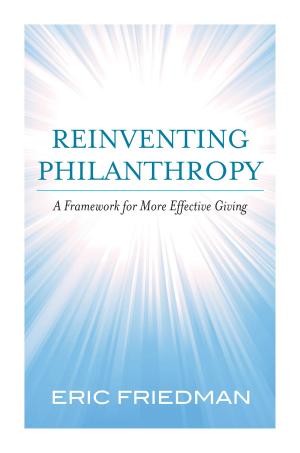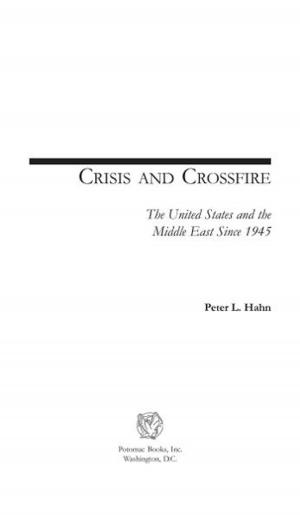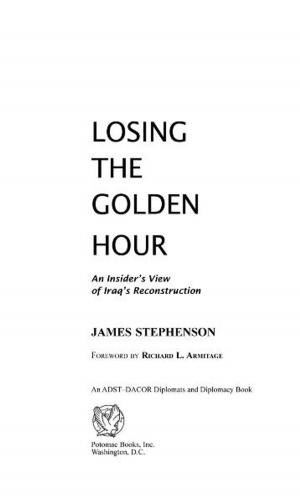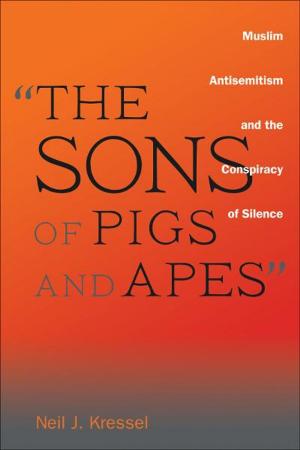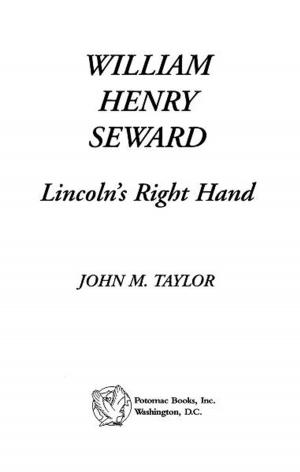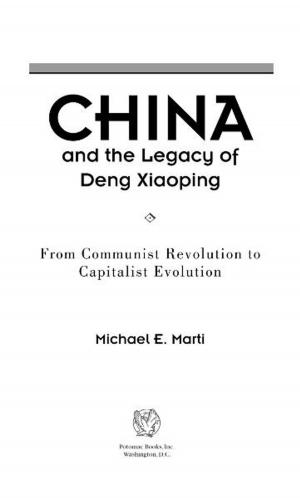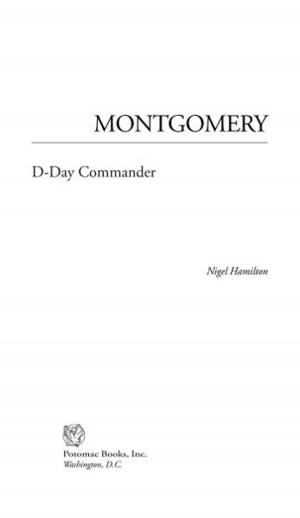Simple Gestures: A Cultural Journey into the Middle East
Nonfiction, History, Middle East, Biography & Memoir, Reference, Social & Cultural Studies, Social Science, Anthropology| Author: | Andrea B. Rugh | ISBN: | 9781597975926 |
| Publisher: | Potomac Books Inc. | Publication: | November 30, 2009 |
| Imprint: | Language: | English |
| Author: | Andrea B. Rugh |
| ISBN: | 9781597975926 |
| Publisher: | Potomac Books Inc. |
| Publication: | November 30, 2009 |
| Imprint: | |
| Language: | English |
The Greater Middle East poses major challenges for the United States. Yet despite decades of intense involvement in Middle Eastern affairs, most Americans still know little about the cultures of the region. Simple Gestures describes one American's efforts over forty years to better understand the society in the countries where she lived and worked: Lebanon, Syria, Egypt, Saudi Arabia, Yemen, the United Arab Emirates, Pakistan, and Afghanistan.
In her multiple roles, Andrea Rugh came to know people from many walks of life. As a mother, she became friendly with local families. As the wife of a diplomat, who later became an ambassador to two countries, she came to know social elites in the Persian Gulf. As a professional anthropologist, she spent time with people from parts of society who are usually inaccessible to foreigners.
Culture is revealed most clearly in the way people interact with one another—in the way they treat the poor, the elderly, and women; how they rear and educate their children; and in the way they react to a foreigner suddenly thrust in their midst. Describing the satisfactions, sudden insights, challenges, and miscommunications that come from being immersed in a foreign culture, Rugh brings to life on the page the places and the people she met along the way.
In her multiple roles, Andrea Rugh came to know people from many walks of life. As a mother, she became friendly with local families. As the wife of a diplomat, who later became an ambassador to two countries, she came to know social elites in the Persian Gulf. As a professional anthropologist, she spent time with people from parts of society who are usually inaccessible to foreigners.
Culture is revealed most clearly in the way people interact with one another—in the way they treat the poor, the elderly, and women; how they rear and educate their children; and in the way they react to a foreigner suddenly thrust in their midst. Describing the satisfactions, sudden insights, challenges, and miscommunications that come from being immersed in a foreign culture, Rugh brings to life on the page the places and the people she met along the way.
The Greater Middle East poses major challenges for the United States. Yet despite decades of intense involvement in Middle Eastern affairs, most Americans still know little about the cultures of the region. Simple Gestures describes one American's efforts over forty years to better understand the society in the countries where she lived and worked: Lebanon, Syria, Egypt, Saudi Arabia, Yemen, the United Arab Emirates, Pakistan, and Afghanistan.
In her multiple roles, Andrea Rugh came to know people from many walks of life. As a mother, she became friendly with local families. As the wife of a diplomat, who later became an ambassador to two countries, she came to know social elites in the Persian Gulf. As a professional anthropologist, she spent time with people from parts of society who are usually inaccessible to foreigners.
Culture is revealed most clearly in the way people interact with one another—in the way they treat the poor, the elderly, and women; how they rear and educate their children; and in the way they react to a foreigner suddenly thrust in their midst. Describing the satisfactions, sudden insights, challenges, and miscommunications that come from being immersed in a foreign culture, Rugh brings to life on the page the places and the people she met along the way.
In her multiple roles, Andrea Rugh came to know people from many walks of life. As a mother, she became friendly with local families. As the wife of a diplomat, who later became an ambassador to two countries, she came to know social elites in the Persian Gulf. As a professional anthropologist, she spent time with people from parts of society who are usually inaccessible to foreigners.
Culture is revealed most clearly in the way people interact with one another—in the way they treat the poor, the elderly, and women; how they rear and educate their children; and in the way they react to a foreigner suddenly thrust in their midst. Describing the satisfactions, sudden insights, challenges, and miscommunications that come from being immersed in a foreign culture, Rugh brings to life on the page the places and the people she met along the way.


